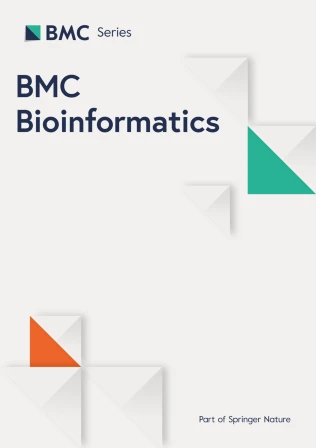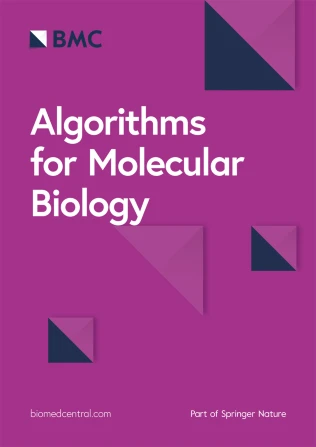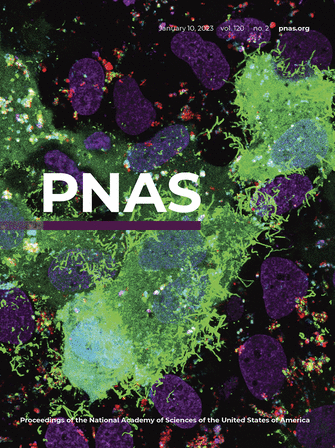As a computational biologist, my work sits at the crossroads of cancer biology and artificial intelligence, with a decade of experience in developing cutting-edge machine learning methods to analyze and integrate complex, multimodal biomedical data. My research is focused on dissecting the fundamental mechanisms of tumor progression and metastasis, particularly in gastrointestinal cancers like pancreatic ductal adenocarcinoma (PDAC) and colorectal cancer. My long-term goal is to translate these computational discoveries into actionable biomarkers and therapeutic strategies for precision oncology.
My recent work has a proven track record of methodological innovation and interdisciplinary collaboration. In a forthcoming publication in Nature Genetics, I investigated the mechanisms of metastatic organotropism in PDAC, uncovering that tumors adopt transcriptional states that mimic their future metastatic site. My work showed that these organotypic signatures can predict recurrence site and survival independently of genomic alterations and also identified candidate genes and compounds for therapeutic intervention. This finding provides a new framework for prognosis and personalized therapy design based on the transcriptional states of primary tumors. Building upon these findings, I developed
DeepPDAC, a deep learning model that predicts if primary PDAC tumor recur in the liver, integrating molecular signatures of the TME with clinical outcomes.
In a 2022 eLife publication, I developed
compaRe, a high-throughput single-cell drug screening platform. This framework integrates flow cytometry-based multiparameter profiling with statistical modeling to find subtle drug responses beyond just viability, such as changes in differentiation or proliferation, in AML models. My research has also led to the development of other notable computational platforms, including
CoExpresso which assesses the quantitative behavior of protein complexes across human cells, and
DMAKOLE which identifies differentially mutated subnetworks in cancer.
My contributions also extend to understanding cell-cell communication. In a PNAS paper, I analyzed how direct physical contact between cells influences gene expression during mouse embryonic development. I also contributed to a study in the Journal of Experimental & Clinical Cancer Research that used high-dimensional flow cytometry to track cancer-associated fibroblast subpopulations in breast cancer over time. Through all of my work, I have demonstrated a strong commitment to team science and mentorship, bridging the gap between computational and experimental teams and training the next generation of biomedical data scientists.






